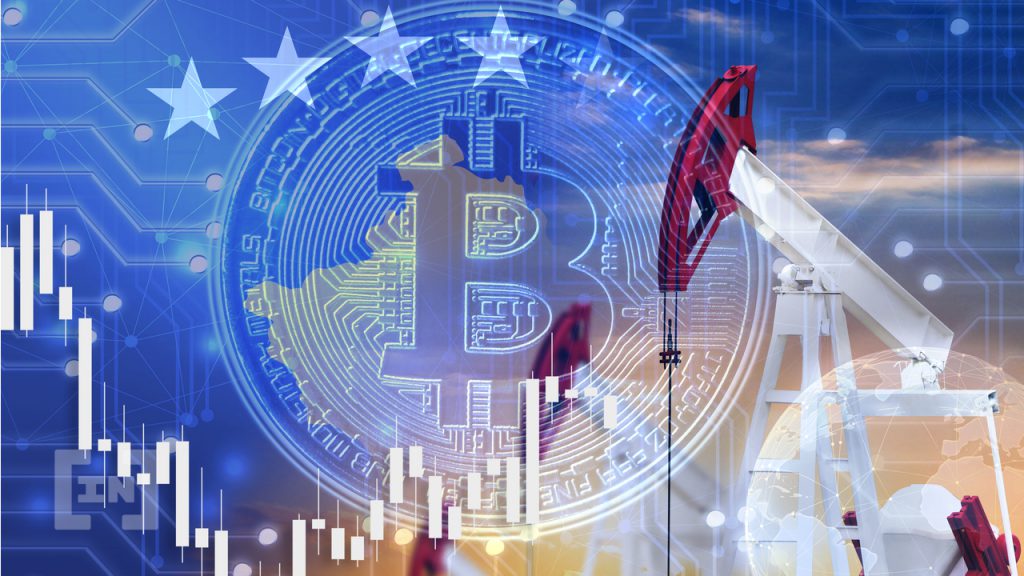Kosovo has banned cryptocurrency mining in order to curb electricity consumption amidst the country’s worst energy crisis in a decade.
“All law enforcement agencies will stop the production of this activity in cooperation with other relevant institutions that will identify the locations where there is cryptocurrency production,” Minister of Economy and Energy Artane Rizvanolli said in a statement.
Energy crisis
Last month, the Kosovo government declared a 60-day state of emergency, introducing power cuts in the face of high import costs and power plant outages. The country of 1.8 million people imports over 40% of its consumed energy, with electricity demand for heating having risen with the onset of the cold winter weather.
However, European gas prices spiked by 30% this week due to concerns over a diminished supply from Russia. Regarding domestic energy production, roughly 90% is derived from burning the soft coal lignite, of which Kosovo has the world’s fifth-largest reserve of 12-14 million tonnes.
Crypto mining hubs
Young people in Kosovo have flocked to crypto mining in recent years, due to the country’s relatively cheap cost of energy. One local miner with 40 GPUs told Reuters that the €2,400 per month he earned profit from mining only cost him €170 per month in electricity. Mining had become particularly popular in northern Kosovo, which is mostly populated by Serbs who do not recognize the country as being independent, and refuse to pay for electricity.
Following the vacuum left by the cryptocurrency ban introduced in China last year, the global hash rate approached an all-time high last month, as Bitcoin mining had resettled in new countries. According to data from the Cambridge Centre for Alternative Finance, a majority of mining activity relocated to the United States, while the ban had also been a boon for new facilities in other countries offering cheap sources of energy, such as Iceland, Norway and Canada.
What do you think about this subject? Write to us and tell us!
Disclaimer
All the information contained on our website is published in good faith and for general information purposes only. Any action the reader takes upon the information found on our website is strictly at their own risk.


